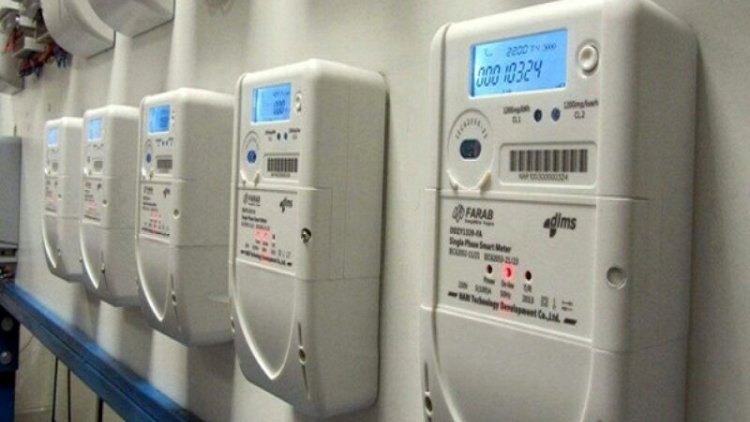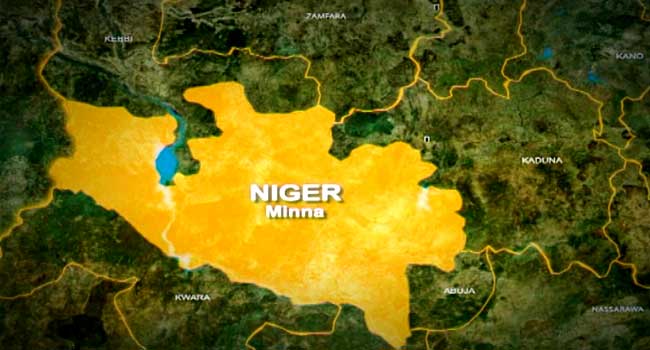The Central Bank of Nigeria (CBN) has asked a court for an order to freeze 157 accounts of Meter Asset Providers (MAPs) for allegedly diverting funds meant for the procurement of prepaid meters.
In a suit filed at the federal high court in Lokoja, Kogi state, on July 20, the apex bank requested commercial banks to restrict the account of 10 companies that received power sector intervention funds under the National Mass Metering Programme (NMMP) for 180 days pending the outcome of its investigation.
The companies identified by the CBN include Mojec Meter Asset Management Company Limited, Integrated Power Nigeria Limited, Holley Metering Limited, Protogy Global Services Limited and Turbo Energy Limited.
Others are G Unit Engineering Limited, Koby Global Engineering Services Limited, FLT Energy Systems Limited, Smart Meters Asset Provider Company Limited and Cresthill Engineering Limited.
“The Central Bank of Nigeria reviewed the activities of twelve (12) including the defendants herein Meter Asset Providers (MAPs) alleged to have diverted the Central Bank of Nigeria’s power sector intervention funds under the National Mass Metering Programme (NMMP),” the apex bank said.
“The review was aimed at ascertaining the flow of the funds made available to the MAPs, covering the period between January 1, 2020 to March 15, 2022. The preliminary review revealed that the defendants diverted a substantial portion of the funds for other uses through related entities and individuals/companies connected to the electricity distribution companies (DisCos) and the defunct Power Holding Company of Nigeria (PHCN).
“The diversion of the power sector intervention funds under the National Mass Metering Programme (NMMP) provided by the applicant’s banks, has further occasioned grave instability in the power sector and sustained the estimated billing regime which the federal government is making frantic efforts to make a thing of the past.
“The diversion of the said funds through the bank accounts of the defendants has continually undermined the applicant’s bank intervention system of supporting various sectors of the Nigerian economy.
“The diversion of the said funds and sustained instability in the power sector is capable of causing significant economic and financial loss to investors, as well as the entire systems and the Nigerian economy in general, if not curtailed.”
On April 3, 2018, the Nigerian Electricity Regulatory Commission (NERC) introduced the MAP regulation to new investors to fast-track the rollout of meters through the engagement of third-party investors. The DisCos were expected to engage the services of the MAPs within 120 days from the effective date to achieve a three-year metering target prescribed by NERC.
Despite the late start over lack of cooperation by DisCos as regards engaging licensed firms, the meter asset firms were issued permits to begin the rollout of new meters by May 1, 2019. To boost the new policy, the federal government provided a N37 billion grant for the supply of the meters.
In October 2020, the federal government flagged off the National Mass Metering Programme to close the metering gap in the NESI by December 2021. Speaking a week after the launch of the programme, Sale Mamman, minister of power, said there would be an installation of at least one million meters for electricity consumers through the mass metering programme by December 2020.
In June, the NERC said it will begin the second phase of the National Mass Metering Programme (NMMP) in August 2022.
The latest data from the 2021 third-quarter report of the NERC shows that of the 11,069,200 registered energy customers as of September 2021, only 4,753,027 (42.93%) have been metered.
Credit: TheCable







